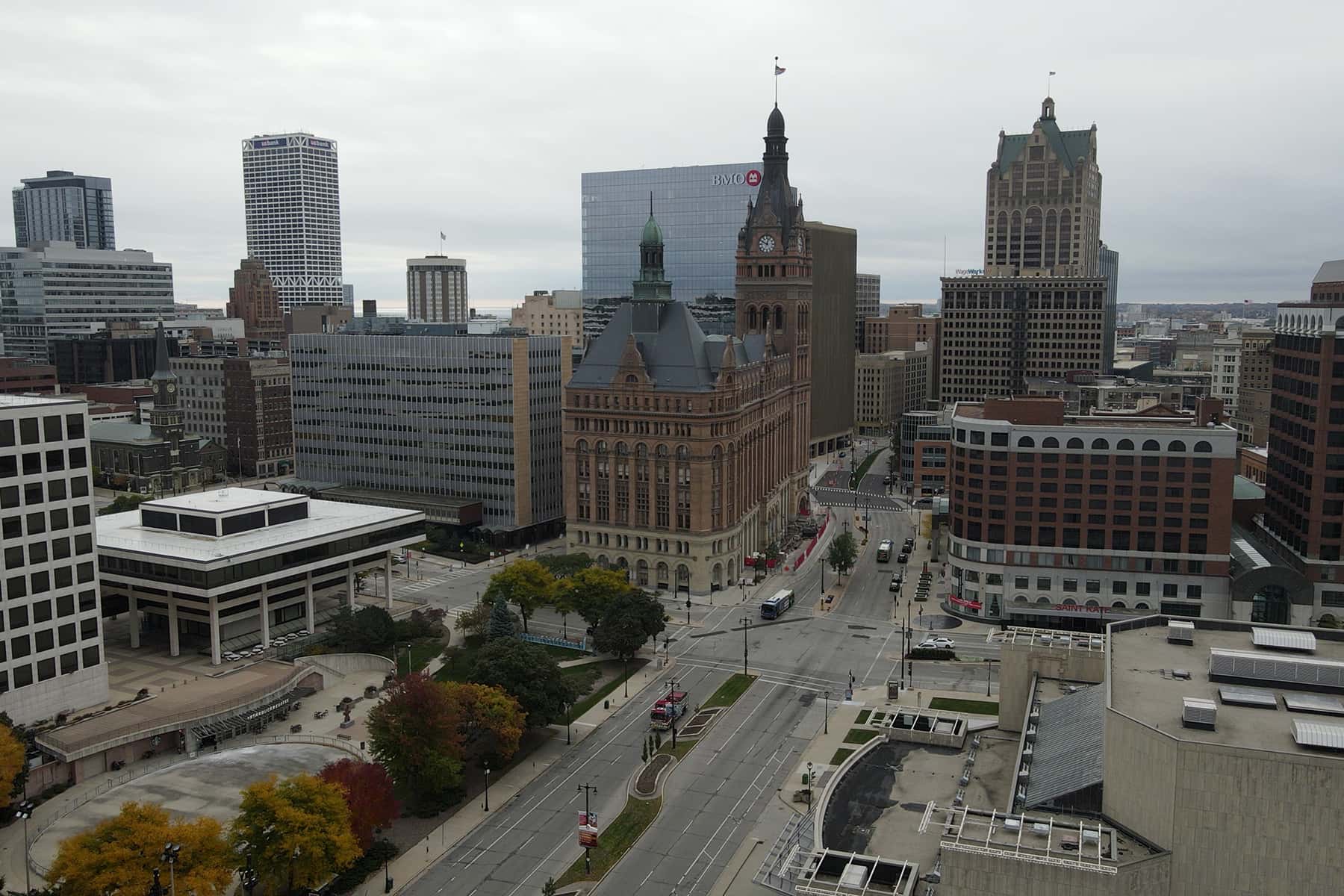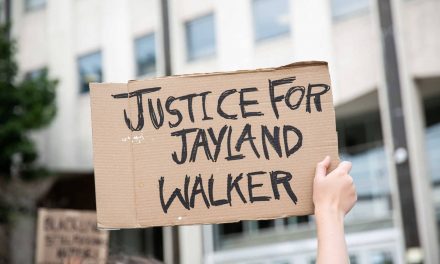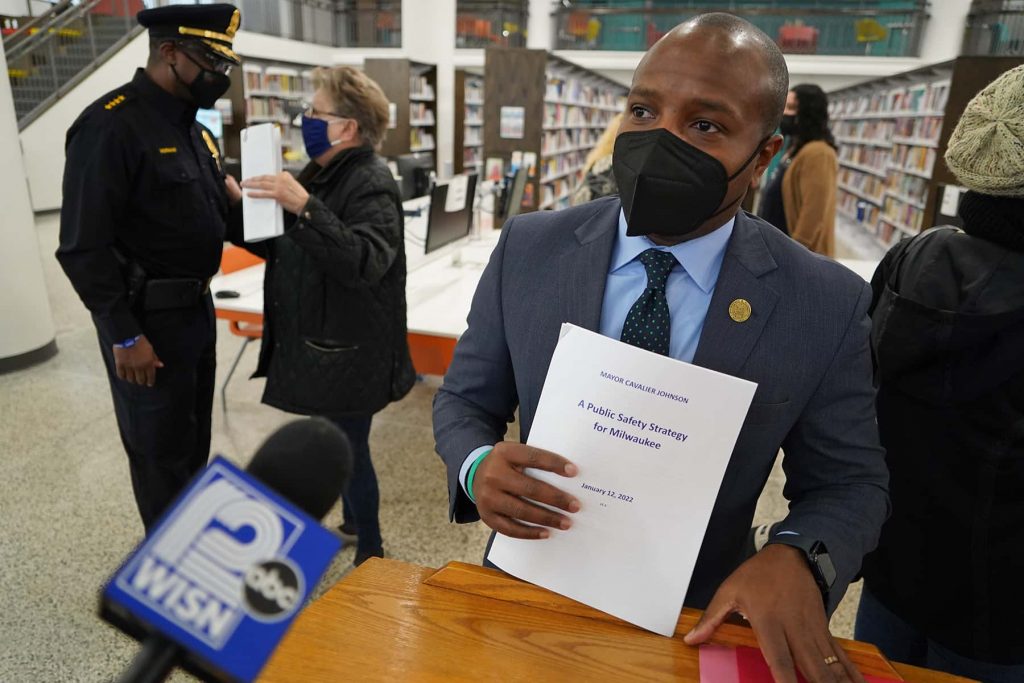
A whopping $319 million. That is the amount of unanticipated revenue the State of Wisconsin projects to bring in during the 2020-2021 fiscal year, according to a memo from the Legislative Fiscal Bureau.
That is money the State wasn’t even expecting to come in. That number comes as part of the $19.6 billion in revenue the State expects to bring in during this time — nearly 12% higher than the previous period.
The recently figures are based on preliminary data made public by the state Department of Revenue, and final data will be released in October. This isn’t the first time that Madison has found itself awash with cash with better than anticipated revenue collection. But I know all too well that it’s not exactly a time to celebrate.
On the ground in communities across Wisconsin, local governments are being forced to make tough decisions about staff reductions and which services to cut because Madison has both tied our hands halting our ability to raise sorely needed local revenue and it hasn’t yet boosted state shared revenue to make up the difference.
Milwaukee County Executive David Crowley recently penned an op-ed about how monies received by county government via the federal American Rescue Plan Act should not be seen as funding to create a generational investment but rather as a lifeline just to keep simple services running. That’s the hard reality on the ground in Milwaukee when $319 million just shows up in the State’s bank account – money that could and should be shared with local governments across Wisconsin.
$319 million of unexpected money shows up in Madison and the City of Milwaukee’s shared revenue payment from Madison is $111 million smaller than what it was in 2003 – even though costs for everything, including public safety, have skyrocketed since then.
At a walk in the Hampton Heights neighborhood on Milwaukee’s northwest side last week, a constituent who has lived in her home for more than 40 years asked what happened to proactive City services? “Where are the City workers? Why did the City slow tree pruning? Why don’t I see more police with all of the speeders and reckless drivers? Why does it take so long to get basic services?”
All of those questions are valid. All of those questions come down to funding. Funding that Milwaukee cannot raise but in State government, $319 million shows up unexpectedly.
The unfortunate reality is that when Madison doesn’t invest in local governments and doesn’t allow governments to raise local dollars to help solve local issues, it is residents like my senior constituent who suffer a reduced quality of life. She is a Milwaukeean, yes, but she’s a Wisconsinite too and she deserves better services than what she’s getting.
I hope that Madison allows communities statewide to provide quality services to their residents.
Cavalier Johnson, Milwaukee Common Council President
Lee Matz













